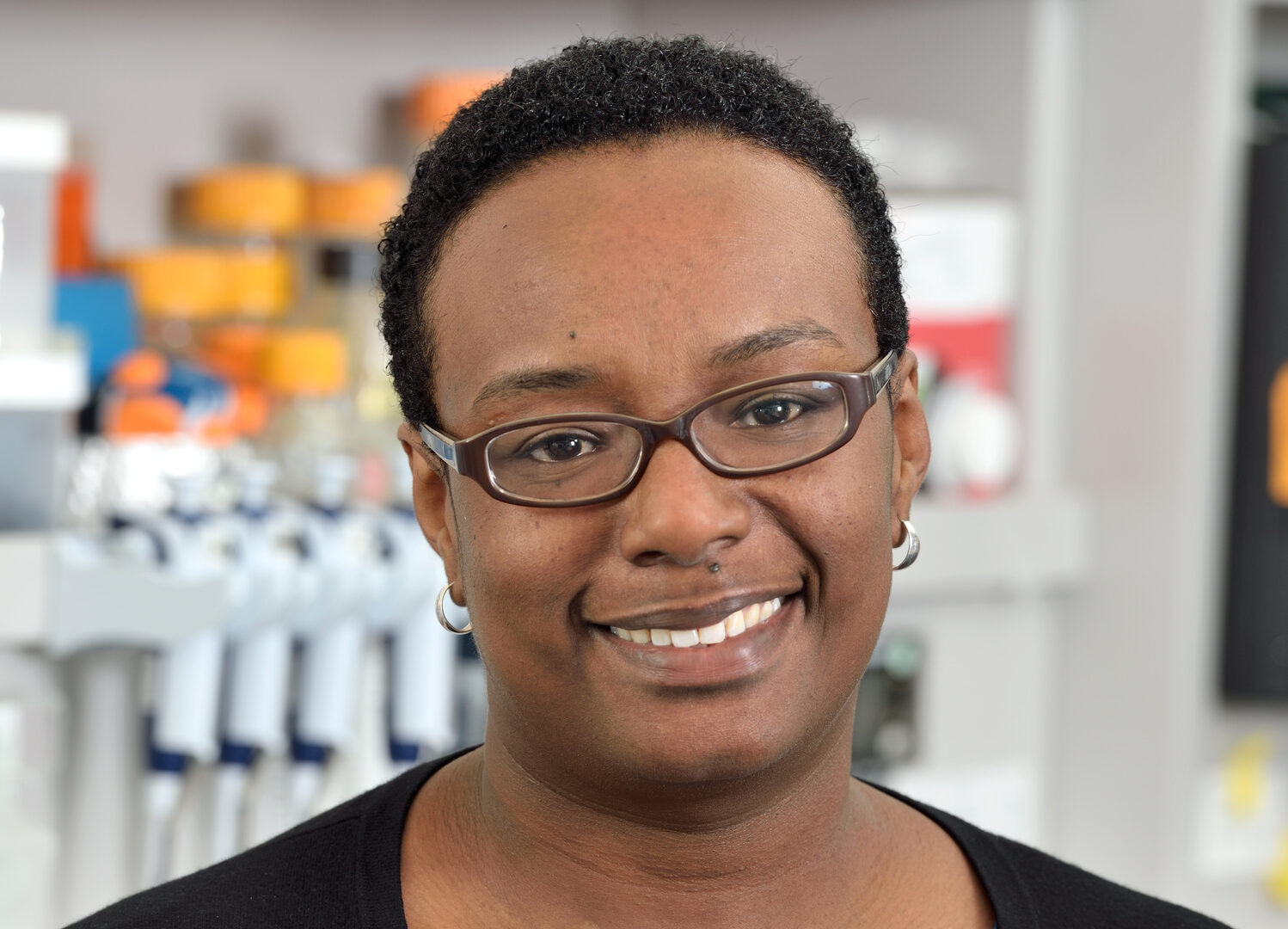
What can nurturing plants teach gardeners about nurturing humans?
Biology professor and science communicator Beronda L. Montgomery, Ph.D., will explore that question when she speaks before the Horticultural Alliance of the Hamptons on Sunday, May 4, at the Bridgehampton Community House. The talk, which is open to the public, will begin at 2 p.m.
Montgomery published her public science book, “Lessons From Plants,” in 2021. During an interview on Friday, she explained that she wanted to get anyone who is engaged with plants, including gardeners, to think about the regular observations they make about plants and consider the lessons that can be applied to how they engage with other people.
She said it’s been both a professional and a personal journey that has led to the lessons that, in turn, led to the book.
There were two main inspirations. First, it was a way for her to connect her professional journey with her parents’ enthusiasm for plants, she said. She is the only biologist in her family and said her mother and father were gardeners who enjoyed tending their yard and their flower and vegetable gardens.
Second, she said that as she sat in groups of academicians and scientists who struggled with mentoring students and colleagues, she thought about how they could use their knowledge to tend their own communities better.
“I have in my academic career spent a lot of time getting us to think about mentoring of scientists,” she said.
In her book and her talk, Montgomery explains phenotypic plasticity, an ability that plants and humans have in common. It is the ability of organisms to change in response to their environment.
“The phenotypic plasticity that we see in plants is quite visible, but humans and others have an ability to adapt to their environment [that is] not always in ways that are as physically visible for us to see,” Montgomery said. “And so I think the lessons are both literal in some ways but also figurative in terms of thinking about how our environment may change and our own engagement or behaviors may have to change.”
In humans, this is apparent in studies of identical twins.
“There are a lot of examples in different realms that show that you can have a departure to some degree in what’s possible depending upon nutrition, environment, nurturing experience, those kinds of things,” Montgomery said.
Plants that are propagated by cuttings are clones — essentially identical offspring. But two genetically identical plants can grow and behave quite differently depending on their environment and the resources available to them.
And there are examples of plant species that, like humans, can change their environment to make it more hospitable for them.
“It’s often through collaboration that plants transform the environment,” Montgomery said.
Humans, too, can support themselves better than would be expected based upon what environment they find themselves in and what resources are available, she noted, calling it a powerful example of transforming what’s possible and “collaborating to make things more accessible to you, which can support your success to a greater degree.”
Mentoring has become a big part of how she thinks about her work professionally as well as in the community, Montgomery said.
“There’s a lot of evidence that if you have two individuals that have relatively similar capabilities, that the one that gets connected to mentoring and is supported by a network is more likely to have greater success,” she pointed out.
She promotes a greater understanding of the power of mentoring and encourages cultivating mentoring relationship in hopes that mentoring will become accessible to a wider range of people.
Beronda’s next book is “When Trees Testify: A Reckoning With Black History Through the Science and Wisdom of Plants,” due out in January 2026.
She said it is based upon her own journey in thinking about what it means to be connected to historical plant science as an African American.
“Over the years, as we’ve looked at who’s involved in plant sciences, there’s an underrepresentation, I would say, of African Americans in plant sciences,” she said. “This has been recognized, and one of the questions has been whether we can reconnect with the history of the involvement of Black Americans in agricultural sciences in the U.S. as one way of reconnecting and inspiring people to think about this as a path forward. And so this is a book that is about the science of seven species of trees, about personal stories of my own family’s engagement with trees, as well as an infusion of African American history that’s relevant to some of these trees.”
Montgomery is on leave from Grinnell College this semester to finish her new book. She joined Grinnell, a small liberal arts college in Iowa, two years ago and before that worked for 18 years at Michigan State University.
In 2025, Montgomery was named a recipient of the Presidential Award for Excellence in Science, Mathematics and Engineering Mentoring, the nation’s highest honors for mentors. She has been named one of the journal Cell’s Inspiring Black Scientists in America and was awarded the 2021 Cynthia Westcott Science Writing Award, the 2022 Adolph E. Gude, Jr. Award for outstanding service to the science of plant biology, and the 2023 Hutchinson Medal of the Chicago Horticultural Society.
Beronda L. Montgomery, Ph.D., will present “Lessons From Plants on Human Thriving” on Sunday, May 4, at 2 p.m. at the Bridgehampton Community House, 2368 Montauk Highway, Bridgehampton. Admission is $10, or free for members of the Horticultural Alliance of the Hamptons. For more information, visit hahgarden.org.